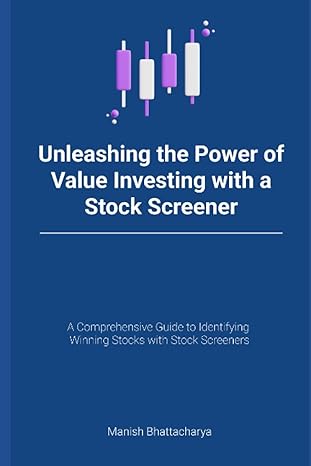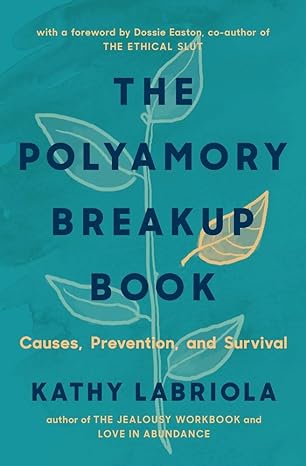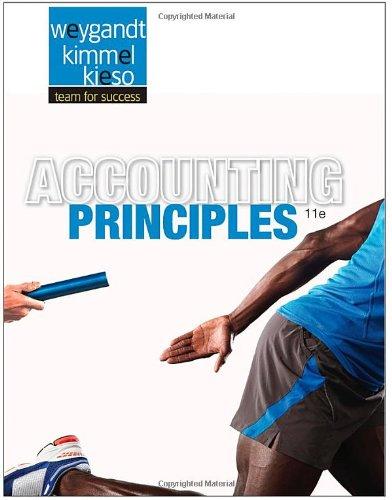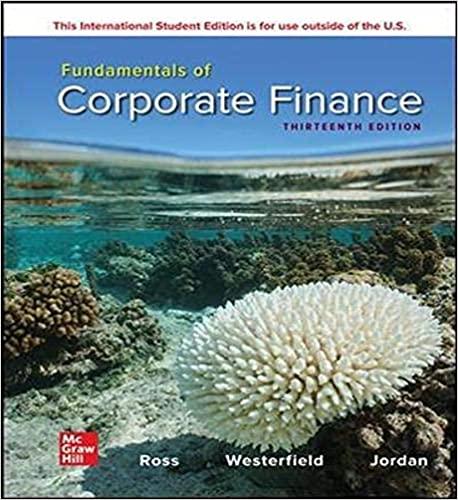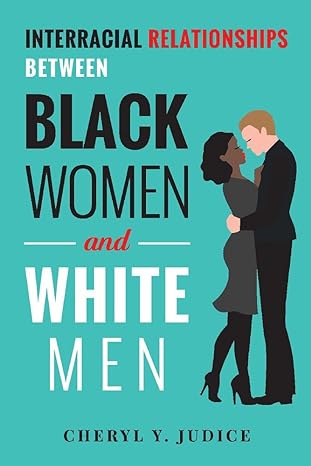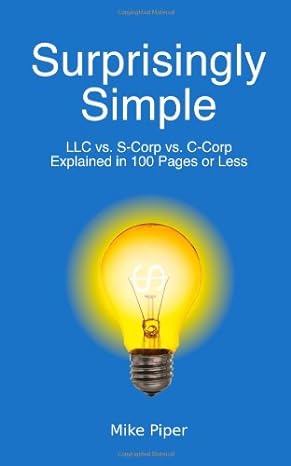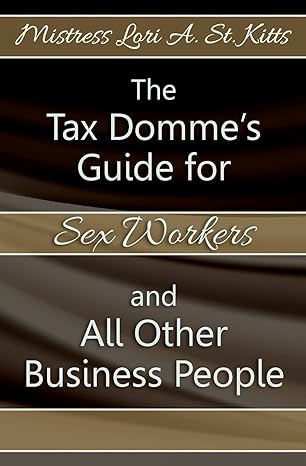Go back

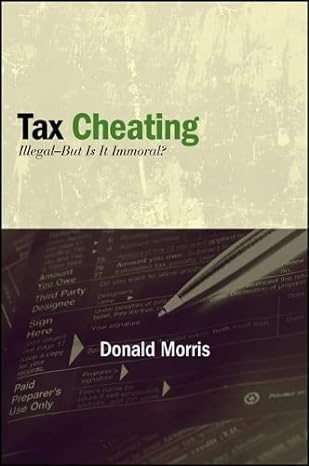
Tax Cheating Illegal But Is It Immoral(1st Edition)
Authors:
Donald Morris

Cover Type:Hardcover
Condition:Used
In Stock
Include with your book
Free shipping: April 04, 2024Popular items with books
Access to 3 Million+ solutions
Free ✝
Ask 10 Questions from expert
200,000+ Expert answers
✝ 7 days-trial
Total Price:
$0
List Price: $24.95
Savings: $24.95(100%)
Book details
ISBN: 143844270X, 978-1438442709
Book publisher: State University of New York Press (June 1, 2012)
Get your hands on the best-selling book Tax Cheating Illegal But Is It Immoral 1st Edition for free. Feed your curiosity and let your imagination soar with the best stories coming out to you without hefty price tags. Browse SolutionInn to discover a treasure trove of fiction and non-fiction books where every page leads the reader to an undiscovered world. Start your literary adventure right away and also enjoy free shipping of these complimentary books to your door.
Tax Cheating Illegal But Is It Immoral 1st Edition Summary: An examination of the ethical issues surrounding tax cheating and implications for public policy. From unreported gambling winnings and inflated claims of the value of clothing donated to charity to money hidden in Swiss bank accounts and high-profile tax schemes plotted by celebrities and business leaders, the range of tax cheating opportunities is wide and the boundaries and moral status can be hazy. Considering the behavior of individuals and small businesses as well as the involvement of congress and the IRS, Donald Morris combines insights from law, psychology, sociology, criminology, accounting, economics, and philosophy to examine the ethical issues surrounding tax cheating and implications for tax policy. “This is not a how-to guide for tax cheaters, nor is it a green light to cheat. The author defines tax cheating as paying less than the law says we owe, whether this is done deliberately or not. His point is that Congress has the obligation to revise the Tax Code to make it simple, transparent, and equitable, so that all taxpayers should know what constitutes their fair share. Morris draws on a large pool of tax cases, experts, and moral philosophers to make his case, and he is grounded in the experience of ten years as a small business owner and tax preparer.” — Richard P. Mullin, author of The Soul of Classical American Philosophy: The Ethical and Spiritual Insights of William James, Josiah Royce, and Charles Sanders Peirce “Morris gives us a thorough collection of thoughts and quotations about a sensitive subject—how do morals and ethics affect the completion of a tax return? Who is more unethical, Congress in writing the current tax law or the taxpayer in paying ‘too little’ tax? What motivates a citizen to ‘volunteer’ to pay a tax bill? Does Congress really want to close the tax gap? Should a court apply only the letter of the law in a tax case, or should a higher moral principle also apply? By approaching the term ‘cheating’ in a morally neutral manner, Morris removes much of the baggage that restricts the usual talk about taxes—the book allows for a more fruitful review of the economics of the deal between the citizen and the government, that we call taxation. Intriguing, fresh, accessible, up to date.” — William A Raabe, coauthor of Federal Tax Research, Ninth Edition
Customers also bought these books
Frequently Bought Together
Top Reviews for Books
MH JJ
( 4 )
"Delivery was considerably fast, and the book I received was in a good condition."



